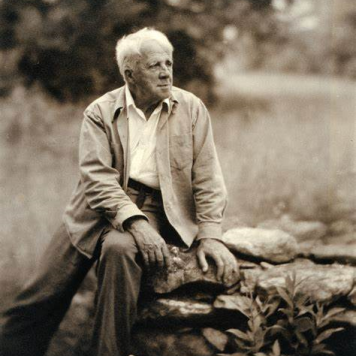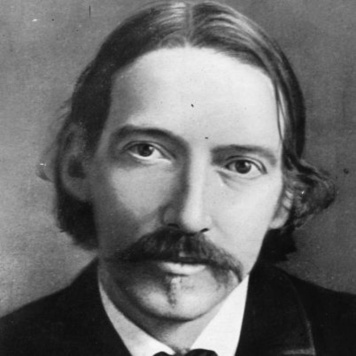As you may see under this post itself I have replaced the old comment plugin with an external comment system

PSA: New comment module

Caedmon's Hymn
This is a NeoQuenya rendition of Caedmon's Hymn found in Historia Ecclesiastica Gentis Anglorum by the Venerable Bede.
Sí mauya ven laita Maitaro melehte,

William Blake: Never Seek To Tell Thy Love
Ava Rike Nyare Melme
Ava rike nyare melme,
Melme ya úquétima;
An i milya hwesta leve
Úhlárima, úcénima.
Equétienyes, equétienyes,
órenya *pantie,
*Ririhta,…

Robert Frost: Nothing Gold Can Stay
Lá Lauren Eke Lemya
Laure nostaleo minya wenya
I quile anurda hapien senya.
Lotse ná arinya lasserya
Mal er tere aure erya.
Tá lasse lassen lave.
Aman nunte nainienna…

RL Stevenson: Requiem
Firielinde
Nu i landa elenya ilmen,
Sapa i *sapta ta núta inye.
Merya oinen merya firnen,
Ar nukainenye ó sina nirme.
Á kerta sina líre pa i ondo:
Kaitasse…

Anne Bronte: Night
I quilda lómelúme mára nin
An ké máne lóri tuiar tá,
Ar pantar lelyaine hendunyain
Ya lá luhta te í kuiva nán.
Ar tá óma lárinya ké hire
ya Nuru karne úpa néya;
Ar…

John Keats: I Had a Dove
Sámen kukúa ar i lisse firne;
Ar náven firnes nyérenen:
A, manan nainanes? Táleryat naute
Ó saminda líne lanyaina mányanen;
Lissi talinki karni! Manan firnel san –
Ma’n…

Allama Iqbal: Two Planets
This is another rescued translation of mine from the previous Aglardh installation.
I came across Allama Iqbal's poem Two Planets the other day and thought I might give it a try. I rearranged…

Tár Wenseslas
Christmas is long gone (or maybe not that long, we just dismantled our tree a week ago!), but I have rescued this translation of mine from old Aglardh.
Tár Wenseslas ehtenne

Subjectless vs Dummy Subject in Quenya?
In IRL European languages we see two ways of expressing things like "it is cold", "it was windy." etc. (what is the proper name for these expressions in grammarian talk?). In English, German etc. one…

Atanquesta Update Planned
It has been several years since I released Atanquesta, and I feel it's very much due an…

Sindarin Stress — A Muta cum Liquida Rule?
Sindarin Stress — A Muta cum Liquida Rule?
In Appendix E Tolkien described Sindarin (and Quenya) stress as follows:
In words of two syllables it falls in practically…

Recovering the Past
With the hacking of the previous incarnation of Aglardh sadly its database has been largely lost. Nevertheless, I will try to recover whatever I can and repost at least some of the articles and translations…
